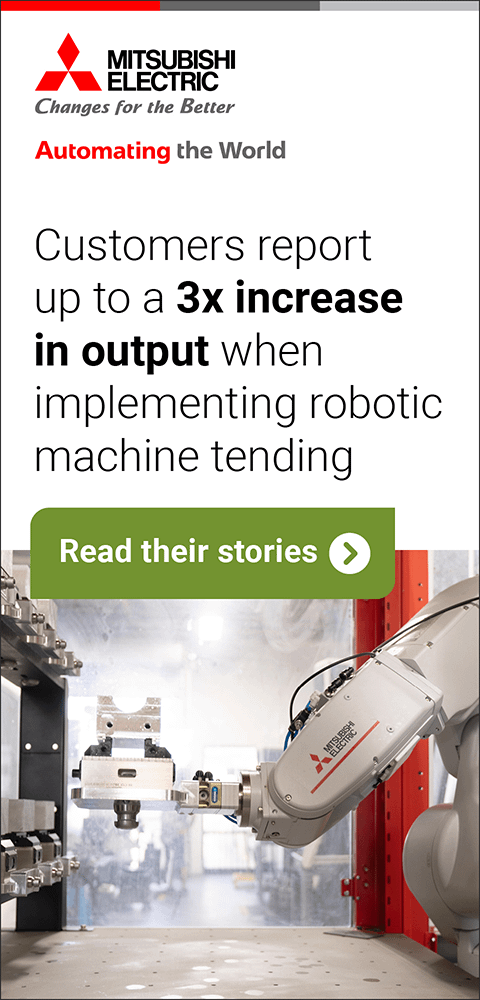






Recharging the Automotive Market
December 1, 2022
Hexagon's Manufacturing Intelligence division announced it has released a comprehensive report titled "."
The body of work was produced by Hexagon and draws from the original research conducted with Wards Intelligence and Informa Tech Automotive Group (ITAG). The wide-ranging survey engaged 416 eMobility design and manufacturing decision-makers across the global automotive supply chain. The full results of the research are presented in the paper, as well as current efforts to define and eliminate roadblocks hindering the transition to electric vehicles (EV). Additionally, the report forecasts where the industry is headed in the next two decades. Also covered are smart manufacturing strategies being employed to advance product development, a key area of focus for Hexagon whose technology touches 95% of all cars produced every year.
The report reveals the current focus and significant challenges faced by the EV market and how they are balancing priorities. "Only 38% of automakers are increasing their investment in more sustainable EV designs, which appears to be a much lower priority than attributes that appeal to consumers on the forefront," said a company spokesperson. "At this point in the EV evolution, companies are hitting other obstacles in achieving greener EVs. The majority of carmakers (56%) identify a lack of alternatives to rare-earth metals for batteries as the major barrier. Half (49%) are also concerned about the lack of recyclable battery materials, closely followed by the lack of recycling programs and infrastructure (47%)."
"Our new report '' is well worth a read. The research reflects a welcome recognition by the auto industry that sustainability involves more than merely reducing road emissions, revealing an understanding of the whole-lifecycle manufacturing and material impact of vehicles," states Ignazio Dentici, VP Global eMobility Industry for Hexagon's Manufacturing Intelligence division. "However, the study shows even with this knowledge, car makers are feeling more pressure to compete for consumer sales than to ensure EVs will accomplish their core purpose of reducing the environmental impact of road transport.
"The industry is moving at unprecedented speed to innovate improvements in range, production costs and sustainability. This progress is happening in an increasingly competitive environment, while facing significant supply chain challenges. To deliver on the promise of a net zero automotive industry while balancing consumer demands, intelligent data-driven manufacturing processes must be embraced to support the development of sustainable solutions for every vehicle part, as well as creating recyclable cars. We can only reduce demand for energy and materials in the coming years by designing for a circular economy-from factory to consumer and beyond."
For more information contact:
Hexagon Manufacturing Intelligence
250 Circuit Drive
North Kingstown, RI 02852
401-886-2000
www.hexagonmi.com
< back